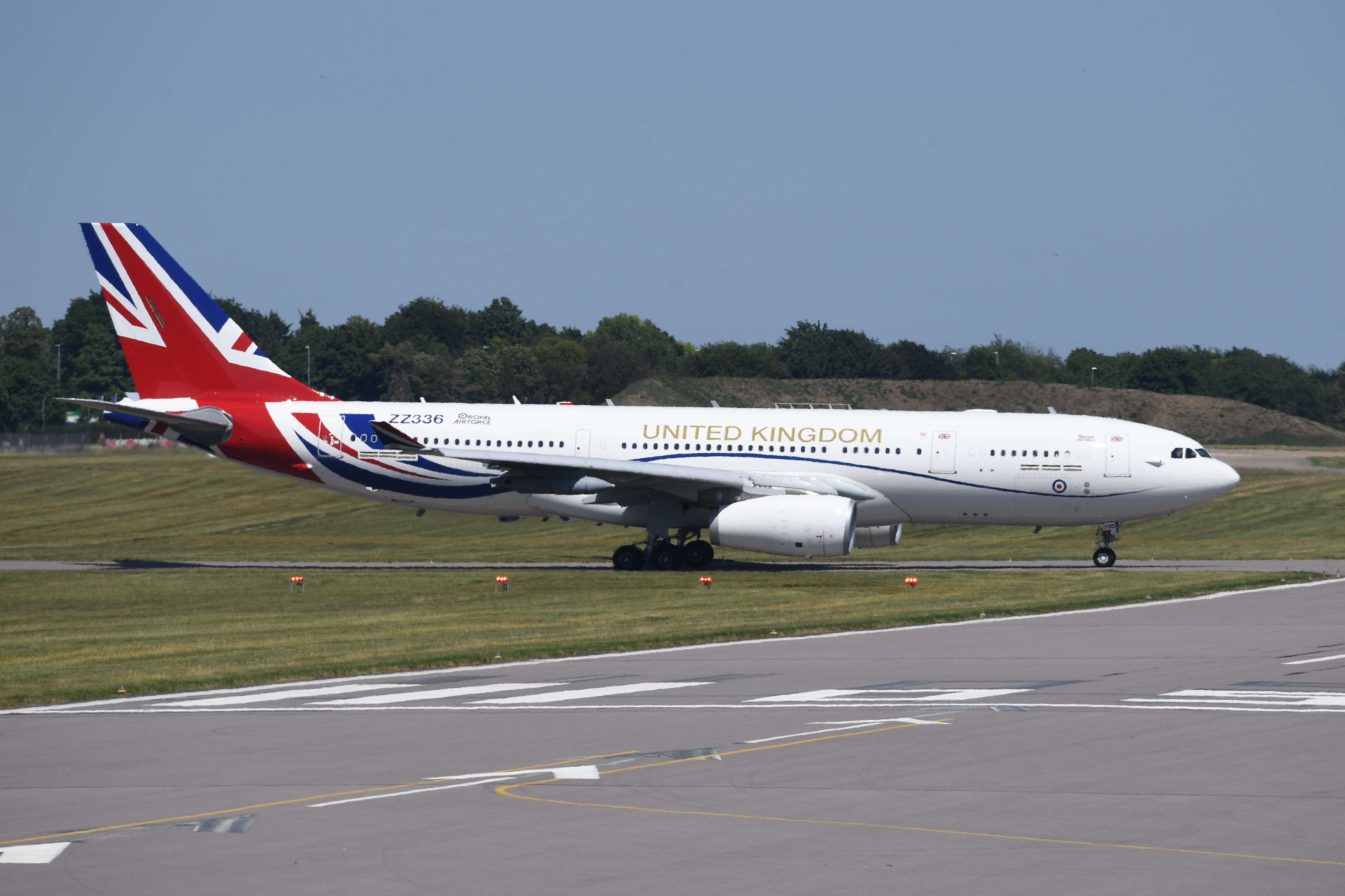A fairytale ending for aviation taxes that don’t exist
The Man Who Pays His Way: Meanwhile, ministers are back in their comfort zone – on private jets

Your support helps us to tell the story
From reproductive rights to climate change to Big Tech, The Independent is on the ground when the story is developing. Whether it's investigating the financials of Elon Musk's pro-Trump PAC or producing our latest documentary, 'The A Word', which shines a light on the American women fighting for reproductive rights, we know how important it is to parse out the facts from the messaging.
At such a critical moment in US history, we need reporters on the ground. Your donation allows us to keep sending journalists to speak to both sides of the story.
The Independent is trusted by Americans across the entire political spectrum. And unlike many other quality news outlets, we choose not to lock Americans out of our reporting and analysis with paywalls. We believe quality journalism should be available to everyone, paid for by those who can afford it.
Your support makes all the difference.Simon Calder, also known as The Man Who Pays His Way, has been writing about travel for The Independent since 1994. In his weekly opinion column, he explores a key travel issue – and what it means for you.
The proposal to make holidays in Skegness mandatory? I’ve scrapped it.
To be fair, it was only this morning that I dreamed up the scheme to force all UK citizens to take at least one British seaside holiday a year.
My argument: UK coastal resorts deserve a break, and so do you. Compelling citizens to take a holiday on their nearest stretch of shore will supercharge the local economy, creating jobs and helping to restore the Victoria grandeur that prevailed before we all abandoned the North Sea, Irish Sea and English Channel for the Mediterranean.
Skegness will become the compulsory destination for the fortunate folk of Derby and Nottingham, while people from Leeds are escorted to Bridlington, and so on.
While some frog-marched visitors may object to enforced tourism, surely once they arrive on the promenade those bracing sea breezes and fish and chips will remind them of the joys of living on an island nation?
As a crowd pleaser, I have now ditched the idea – though the prime minister may have beaten me to binning the plan. After all, Rishi Sunak told the public on Wednesday: “The proposal to create new taxes to discourage flying – I’ve scrapped that.”
Embarrassed to be caught unawares of those planned new aviation taxes, I urgently contacted Number 10 to ask exactly which proposals had now been abolished.
As my colleague Helen Coffey crisply put it: “Surely, as the majority ruling party, the Conservatives themselves would have had to put them forward in order to retract them?”
With as straight a face as Mr Sunak had managed when making his announcement, Downing Street officials pointed me to proposals to dampen demand for flying from the independent Climate Change Committee. It recommended there should be “clearer signals to consumers on the high emissions cost of flying (eg by reversing the 2021 cut in Air Passenger Duty)”.
The person who halved tax on domestic flights (cheekily, on the eve of the Cop26 climate summit in Glasgow) was Sunak. This government’s policy is to keep Air Passenger Duty low, encouraging a switch from train to plane. To suggest the opposite was ever the case is preposterous.
In a textbook example of protesting too much, No 10 then pointed out that Friends of the Earth has called for Air Passenger Duty for all flights to be increased or replaced by a frequent flyer levy. The environmental charity must be flattered by the implication from Downing Street that its proposals are deemed to be government policy until ministers specify otherwise.
Those ministers, meanwhile, are properly back in their comfort zone: aboard UK government planes with hardly anyone else on them. You might remember that Liz Truss, when foreign secretary, insisted on taking a private plane to Australia rather than slumming it on Qantas – even though scheduled flights would have been faster, reduced the environmental impact and cost a lot less than half-a-million pounds of taxpayers’ cash.
Now deputy prime minister Oliver Dowden has doubled down, using an RAF Airbus A330 to fly to New York for the UN General Assembly – rather than one of the dozens of scheduled flights.
The wide-bodied plane arrived from RAF Brize Norton just before 3pm on Tuesday 19 September. Touchdown was 20 minutes after British Airways flight BA173 from London Heathrow and was followed 40 minutes later by Virgin Atlantic VS47 on the same route.
The Cabinet Office refused to tell me how many passengers were on board the private jet, but reports indicate it was just a handful. A government spokesperson said: “Travel costs will be published in the usual way.” That’s the financial costs – not the environmental impact.
“We will still meet our international commitments and hit Net Zero by 2050,” insists Sunak.
Not like that, you won’t – nor, indeed, by flying to the British seaside by helicopter.
Join our commenting forum
Join thought-provoking conversations, follow other Independent readers and see their replies
0Comments